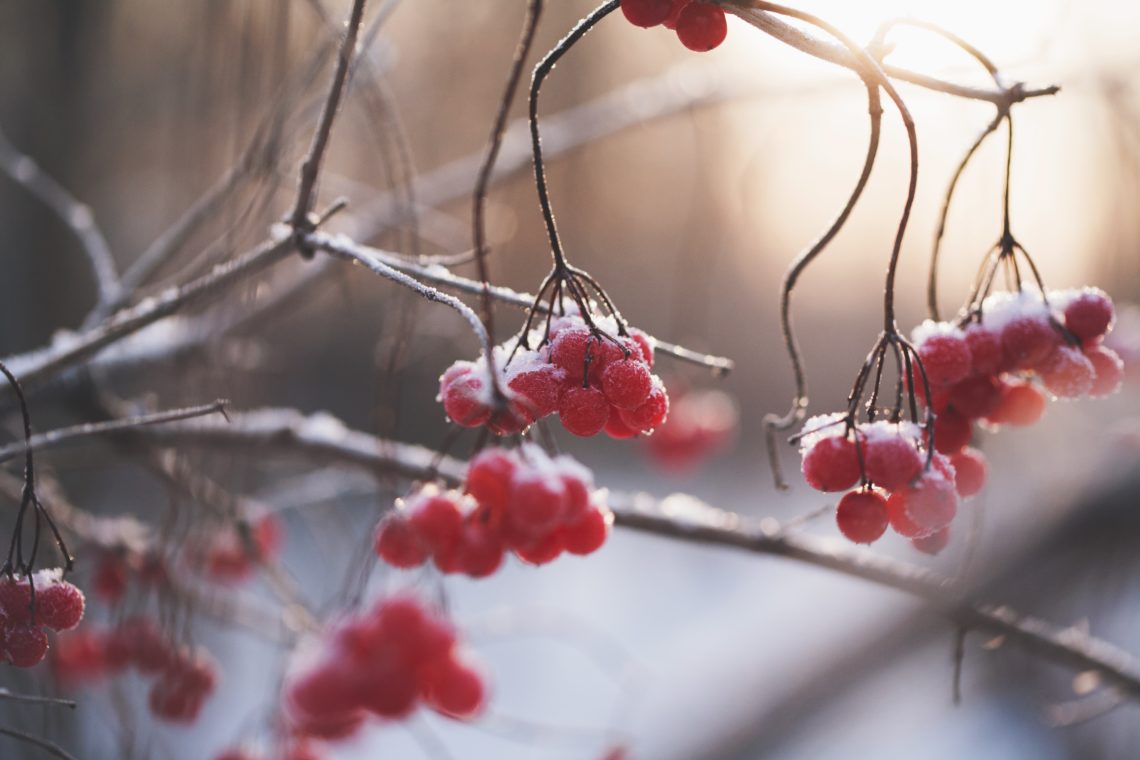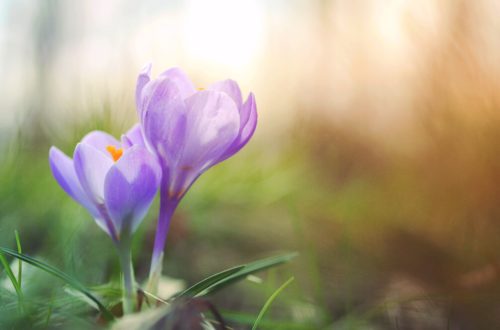Mike Dunton’s Maritime Northwest Edition Victory Gardener’s Almanack for the month of January
Many of the tasks outlined for December are ongoing and necessary throughout the winter season. Now that the busy, sometimes hectic, holiday season is in the past, January is a great time for personal reflection while starting to look forward to the year ahead. Planning is a good theme for this month.
In the Vegetable Garden
- Organize your seed collection, germination test any old seed, and make a list of what you need to purchase. Observe proper seed storage practices (refer to links).
- Review your garden journals, maps, notes, and photos from previous years. Select varieties of seeds for this year and develop your garden plan.
- Request seed catalogs and order seeds. Don’t procrastinate. Shop early to ensure availability of your desired varieties and to receive them quickly before seed companies get busy. You can always order more seeds later.
- Replace mulch in patches of bare soil that appear after winds and rain.
- Remove berry canes that fruited this past year being careful not to damage this year’s growth.
- If you generate wood ashes, spread them in the garden thinly and evenly.
- Not much grows in January, but if it is a mild season, place tunnels or cold frames over beds to help dry and warm the soil in preparation of early planting. Late in the month, work the soil and prepare your seedbeds.
In the House
- Read a few garden books specific to your area. Like any skill, gardening requires both continuing education and hands-on experience (refer to recommendations).
- Monitor the soil moisture levels of your houseplants and water as necessary. Moisture meters are inexpensive and help take the guesswork out of the task.
- Plants breathe through their leaves and need to be cleaned periodically. Dust large leaves with a damp cloth, or wash by spraying for plants like ferns, or by using a soft brush for sensitive plants like African violets.
In the Yard and Orchard
- To prevent damage, keep heavy accumulations of snow off of evergreen hedges, especially ones pruned with flat tops.
- As previously described regarding mulch and animal damage, keep snow tamped around the bases of shrubs and young trees to protect them from opportunistic rodents.
- Do not walk on lawns when frozen … it can cause permanent damage requiring reseeding in the spring.
- Use breaks in the weather to start pruning your grapevines, fruit trees and some shrubs. Prevent spreading disease by washing your tools in a bleach solution after pruning one plant and before moving onto the next. Correct pruning is species dependent and a learned skill.
Informational Resources:
Seed Storage and Its Affects on Quality, Viability, and Germination –- https://goo.gl/AZnj2H
Simple Seed Germination Test Instructions – https://goo.gl/oxpRwG
Winter Gardening in the Pacific Northwest, by Binda Cole.
Growing Vegetables West of the Cascades, by Steve Solomon.
Vegetable Gardening in the Pacific Northwest, by Lorene Edwards Forkner.
Mike Dunton is the founder of the Victory Seed Company and one of the early signers of the Safe Seed Pledge. The Victory Seed Company works to preserve rare, threatened, heirloom seeds and to make them available to home gardeners.






